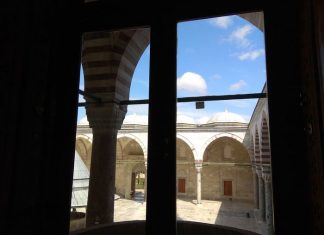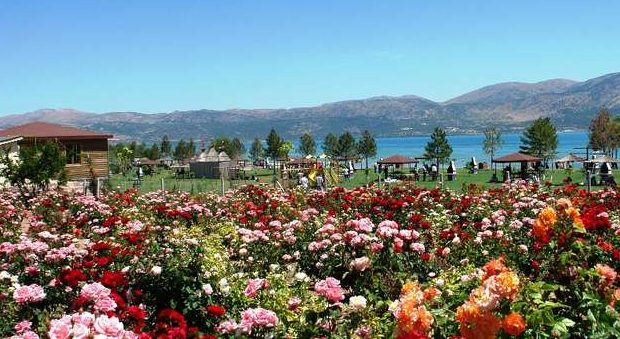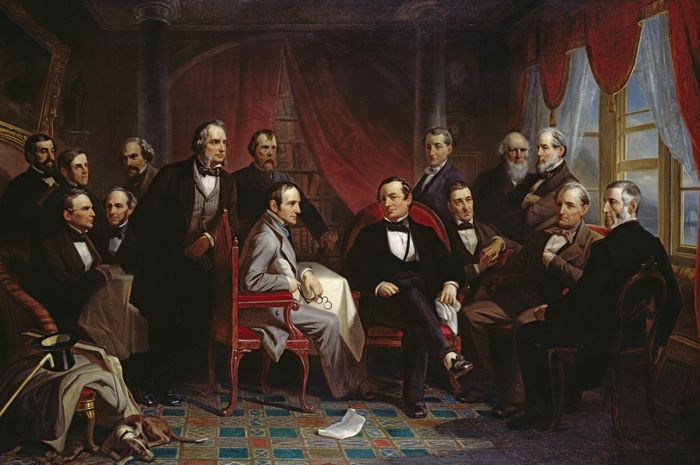In the case of other men, virtue is supposed to be some such thing as not yielding to circumstances, not tempering one’s freedom of speech, not attempting by one’s own mildness of character to turn men of sterner material into slaves. So it has come about that mankind has dared every sea, gone in the face of all winds, and some, caught by the waves, have sunk, while others have been rebuffed with much violence.
With Constantine, however, the varied pattern of his life enabled him to deal successfully with every precise philosophic problem, and at the same time with all questions of practical government. Moreover, he handled affairs, not like an orator, but as a philosopher would deal with them: there were no wasted words, no histrionics. He played either rôle, churchman or politician, without deviating one iota from his natural habits.
Graceful manners of a diplomat
As a politician, he impressed his interrogators by his priestly dignity, yet when you approached him in his capacity of Patriarch, even if you stood in considerable awe of him and trembled a bit, he still appeared human, with the graceful manners of a diplomat, a man of sturdy character and smiling gravity. His whole life inspired confidence: on the one side, his military and political career, on the other, his great dignity, his courtesy.
It was natural, even before this appointment, that I should often predict for him promotion to the Church’s highest offices. His manner of life taught me what to expect in the future, and now, after he has actually become High Priest, I still see in him a gentleman of the noblest character.
67. By appointing such a man as Michael’s successor, therefore, the emperor paid a compliment to the late Patriarch. I will now deal with the barbarians.
In the east Isaac put an end to their incursions; in that part of the world the task proved to be well within his power. Now he proceeded to march in full force against the western barbarians. In the old days they had been called Mysians,**212 but later their name was changed to its present form. They live in all countries divided from the Roman Empire by the River Ister (Danube). Suddenly they left these districts and emigrated to our side of the river.
This movement areas caused by the activities of the Getae, their neighbors, who by their plundering and ravaging compelled them to abandon their own homes and seek new ones. So, at a time when the Ister was frozen over, they crossed as though on dry land and emigrated from the Trans-danubian territories to our province. The whole nation was transported, bag and baggage, over our borders, incapable of living at peace themselves, and bound to spread consternation among their former neighbors.
Read More about Belphagor part 5








